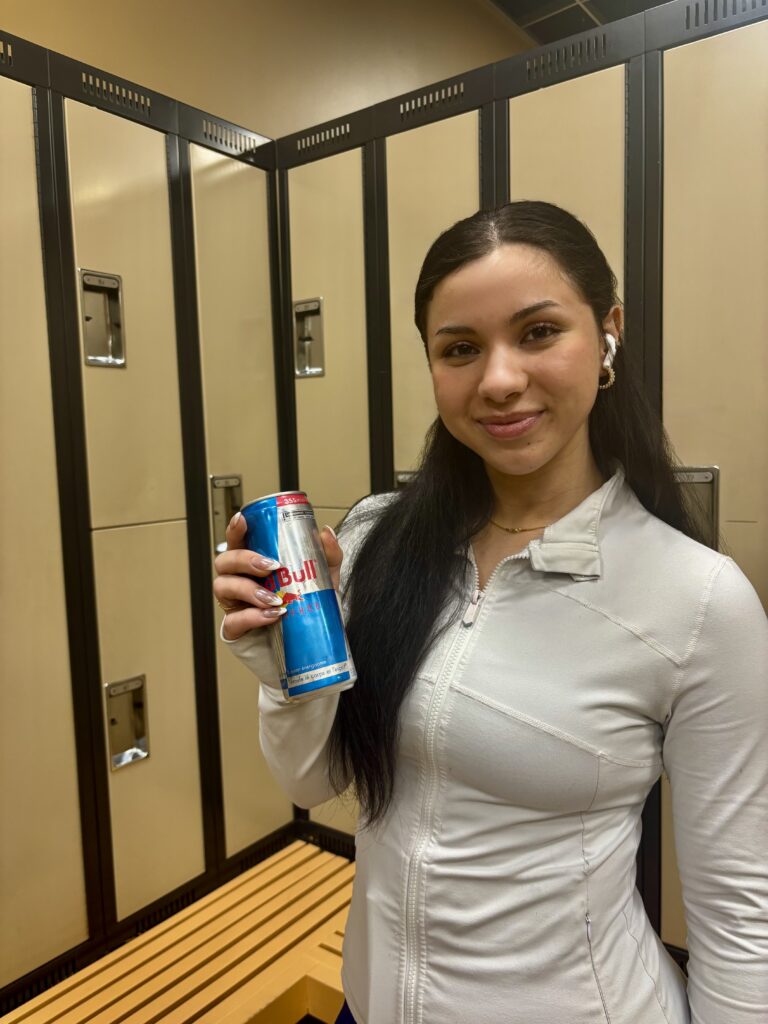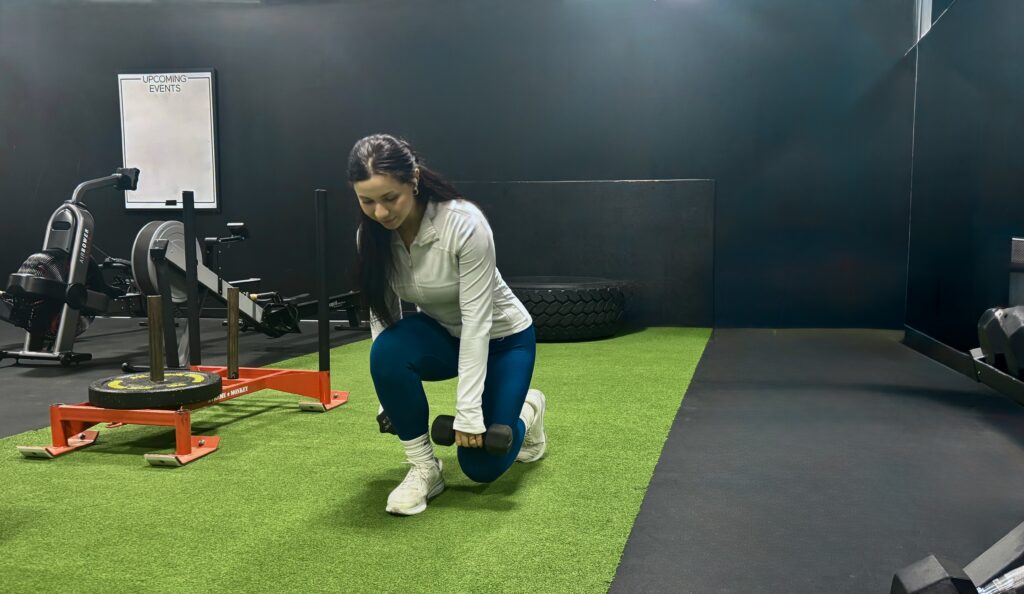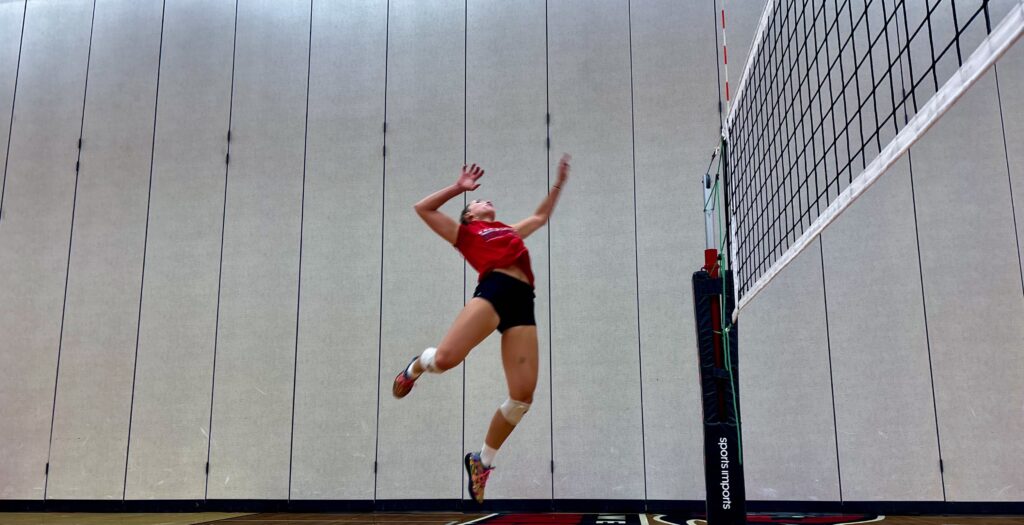“More Than Just an Athlete”: Addressing the Mental Health Crisis on Campus
Student-athletes from around the country are often praised for their physical strength and power, but they are frequently seen as just athletes. Deep down, they carry immense anxiety, pressure, and burnout, which can hinder their ability to perform at their best and enjoy life. Balancing the demands of family, school, their sport, and most importantly, themselves can be overwhelming.
While student-athletes try to maintain a positive facade, many are struggling beneath the surface, often neglecting their own needs in the process of supporting others. With the constant demands of classes, workouts, practices, and competitions, university student-athletes risk losing their sense of self and forgetting that they are “more than just an athlete.”
Recognition
It is interesting how we easily recognize physical injuries in athletes and respect the healing time they require to recover. However, we often overlook the mental struggles that lie beneath the surface, which can weigh even more heavily than visible injuries.
Photo by Claire McLean, May 26th, 2025
For many years, these issues have been ignored, with athletes seen as machines working tirelessly day in and day out. Recently, we have begun to acknowledge the importance of mental health in sports. A notable example of this shift occurred in May 2021, when four-time Grand Slam champion tennis player Naomi Osaka withdrew from the French Open, citing concerns for her mental health (SoCal, n.d.).
Many believe that the physical activity a student athlete receives has a highly positive effect on the student, and although this may be true, it can also bring just as much grief when performing at a collegiate level. Approximately 35% of elite athletes suffer from eating disorders, burnout, depression, or anxiety[12]. Stress levels and training schedules can cause athletes of all kinds to develop mental health disorders (SoCal, n.d.).
Athletes must carry other factors along with them that they can face within the athletic environment. Considering these factors is important for athletes to feel seen and heard rather than being over looked.
- Personality issues amid the athletic culture
- Sexuality & gender issues
- Bullying
- Sexual misconduct
- Transitioning away from sports
- Injuries & pain management
- Eating disorders
Sleep

Photo by Claire McLean, May 26th, 2025
Through all this research, we have identified key supports that can help athletes cope with the constant pressure they face, one of which is sleep. Research indicates that nearly half of student-athletes experience sleep-related issues (Case, 2024). Extensive studies on sleep reveal its crucial role in replenishing the mental system and regulating brain chemicals that promote a healthier mental state. Despite this knowledge, many athletes fail to prioritize sleep and instead rely on caffeinated drinks to combat feelings of fatigue that can arise as the day progresses.
Identity
Many dedicated student-athletes fall into the trap of allowing their athletic identity to overshadow other important aspects of their lives. While it’s admirable to have passion and commitment to a sport, defining oneself solely through that lens can limit growth in other critical areas. Just as physical muscles need diverse training to develop fully, intellectual and emotional skills also thrive through a variety of experiences. Engaging in different activities, exploring academic interests beyond their sport, and building social connections outside of athletics not only enriches their lives now but also provides them with a wider range of skills and perspectives for their future beyond sports.

Photo by Claire McLean, May 26th, 2025
It’s an unfortunate reality that all student-athletes must face: one day, their last game will happen. Sometimes this is unplanned due to injury, while at other times it comes upon us unexpectedly. Throughout the years, these changes can bring even more struggles. That’s why it’s important to broaden our horizons and allow ourselves to find interests beyond the court or the field.
Some athletes can easily move on from their sport and are ready to be done, while others find it much harder. This transition can be one of the most challenging parts of a collegiate athlete’s life because much of what they have known revolves around their sport. Many athletes have trained since childhood to reach this level, and when it’s over, they might not know what to do next.
That’s why it is crucial to value interests outside of sports, take care of oneself, look for support, and remember to be more than just an athlete.

Photo by Claire McLean, May 26th, 2025
- Case, J. (2024, May 21) AASP Blog https://appliedsportpsych.org/blog/2024/05/self-care-wellness-and-mental-health-strategies-for-college-student-athletes/
- SoCal Mental Health (n.d.) Sport & Mental Healthhttps://socalmentalhealth.com/sports-and-mental-health/


